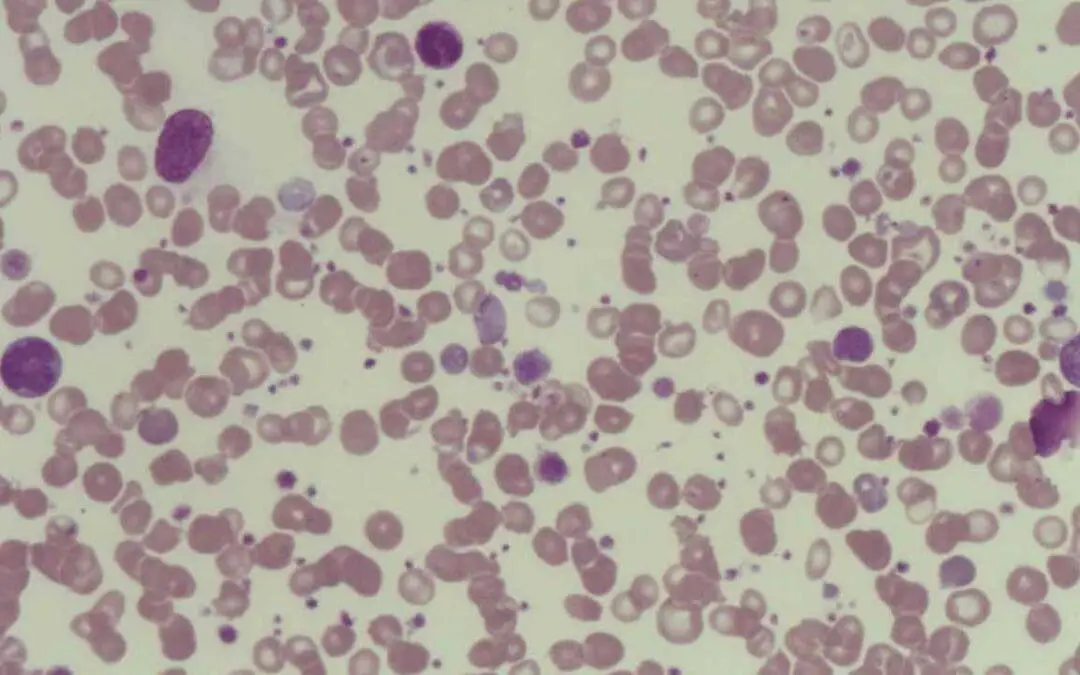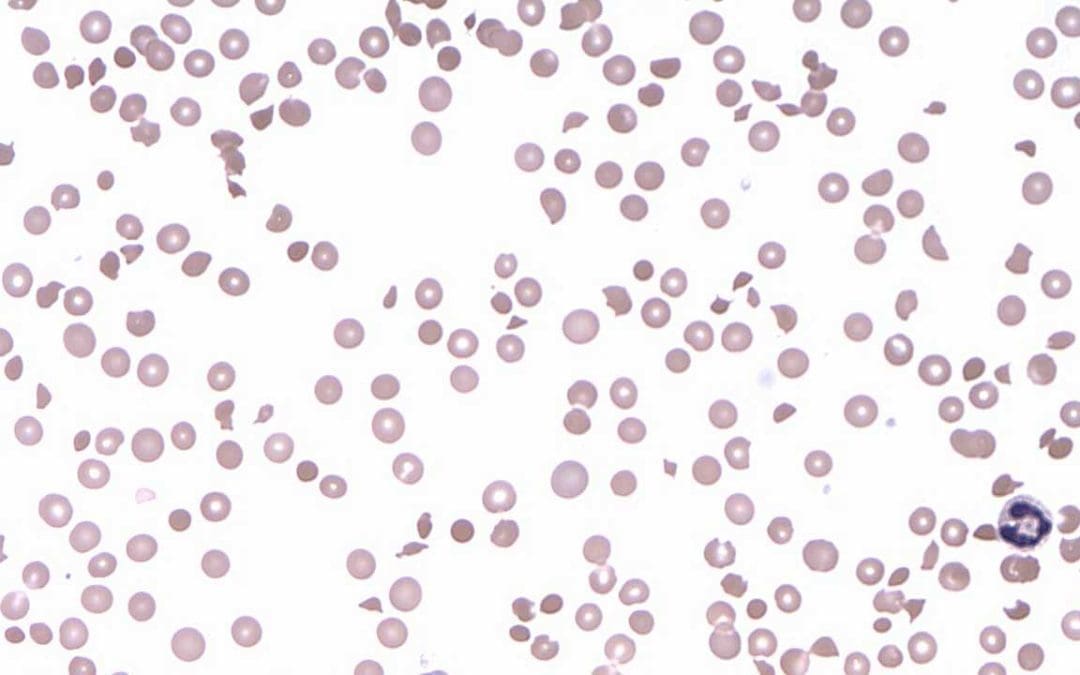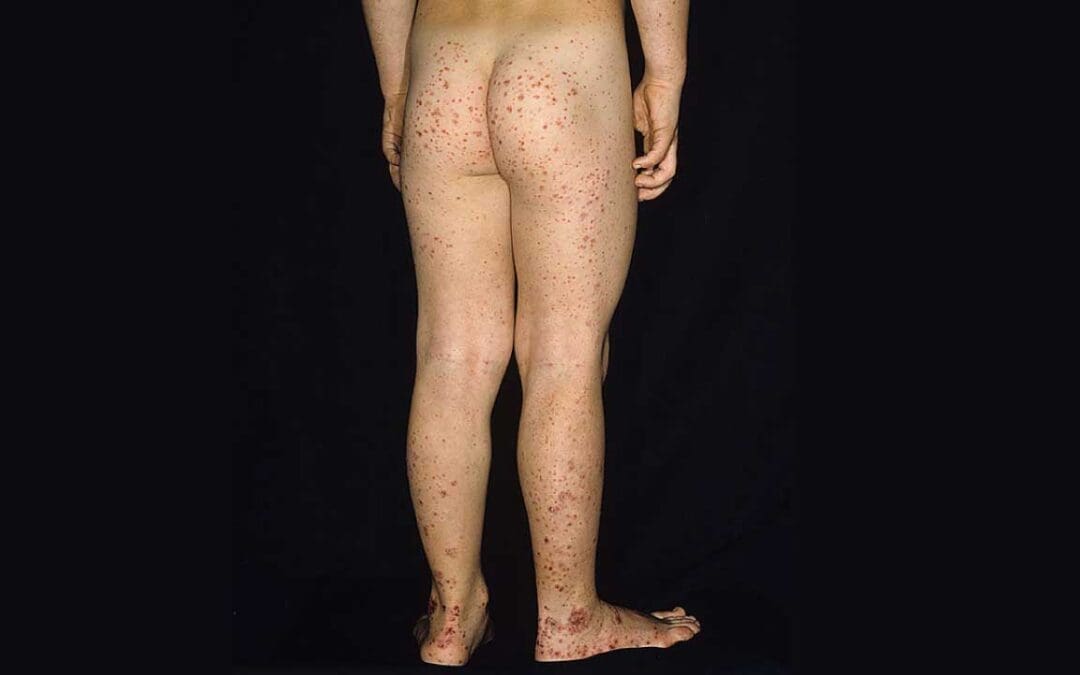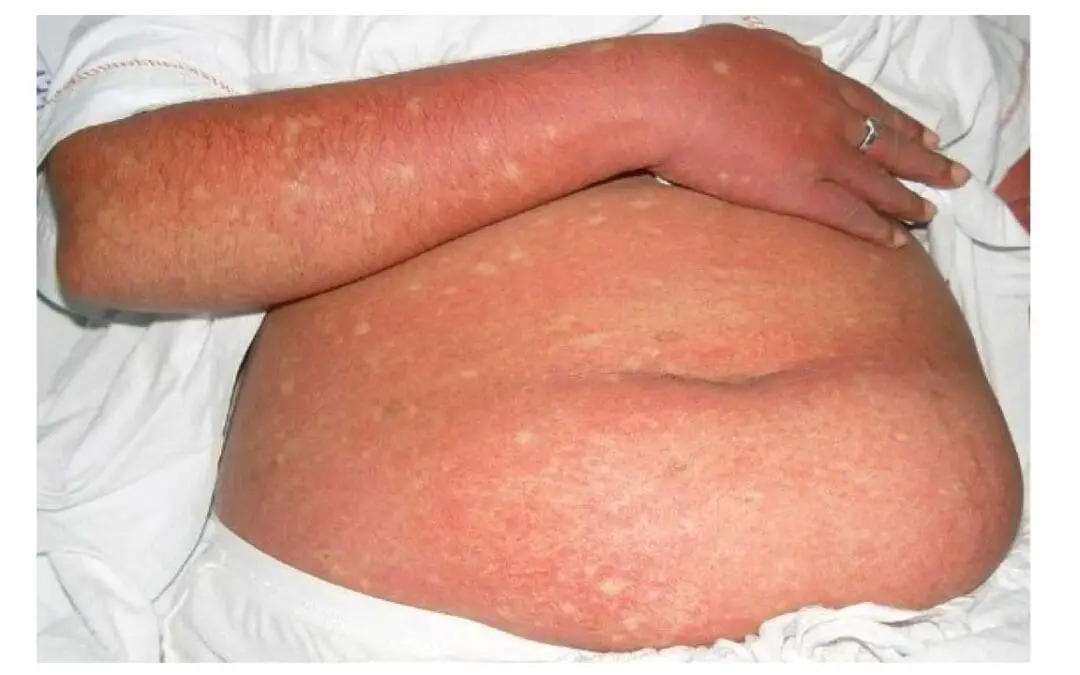
by MH Team | May 19, 2024 | Platelet Disorders
TL;DR Platelet function disorders disrupt the ability of platelets to clump together (aggregate) and form a proper clot. Platelets are blood cells essential for forming clots and stopping bleeding. Causes ▾ Inherited: Caused by genetic mutations affecting...

by MH Team | May 17, 2024 | Platelet Disorders
TL;DR Thrombocytopenia is a condition characterized by an abnormally low platelets in the blood (generally below 150,000 platelets per microliter). Causes ▾ Decreased Platelet Production: Bone marrow disorders, vitamin deficiencies, medications,...

by MH Team | May 15, 2024 | Platelet Disorders
TL;DR Vascular bleeding disorders encompass a diverse range of conditions marked by easy bruising and minor vessel bleeds. Inherited Vascular Disorders ▾ Hereditary hemorrhagic telangiectasia Connective tissue disorders e.g. Ehlers-Danlos syndromes and...

by MH Team | May 13, 2024 | Platelet Disorders
TL;DR Dengue Virus and Transmission ▾ Dengue is a viral infection spread by mosquitoes, particularly Aedes mosquitoes. There are four serotypes of the dengue virus, and infection with one serotype provides only temporary immunity to that specific type. Clinical...

by MH Team | May 1, 2024 | Red Blood Cells
TL;DR Systemic comprehensive approach to anemia ensures thorough evaluation, leading to an accurate diagnosis and the most appropriate treatment plan for the specific type of anemia. It also avoids unnecessary investigations and treatments, ultimately improving...







Recent Comments